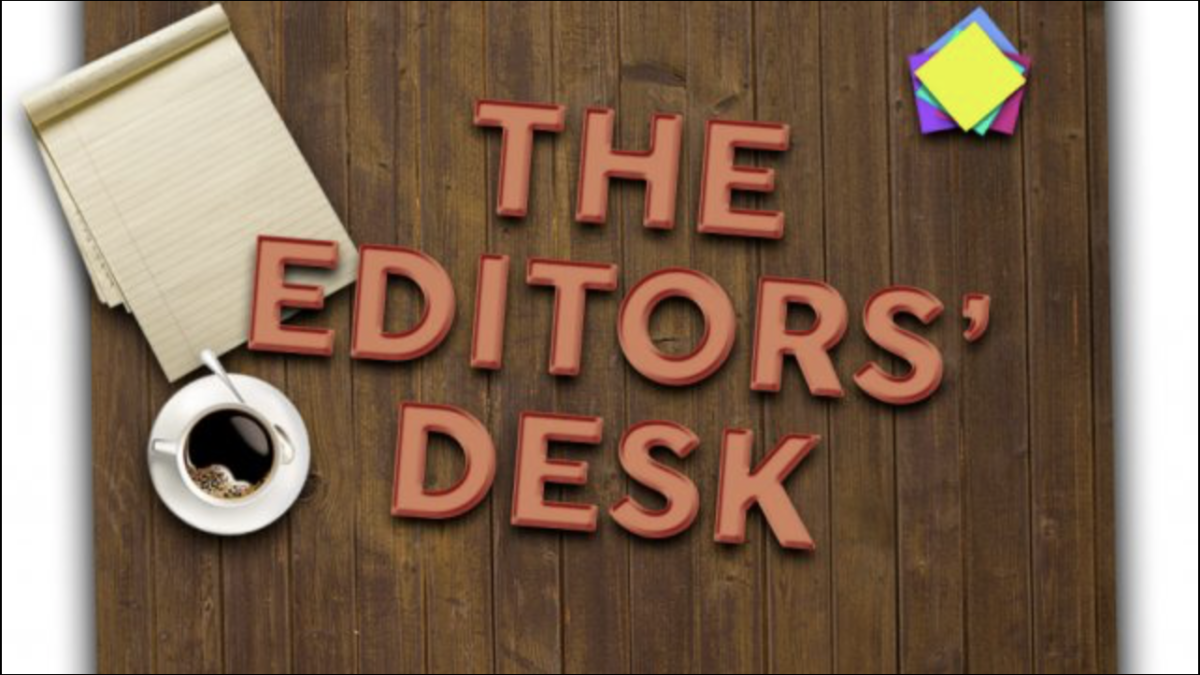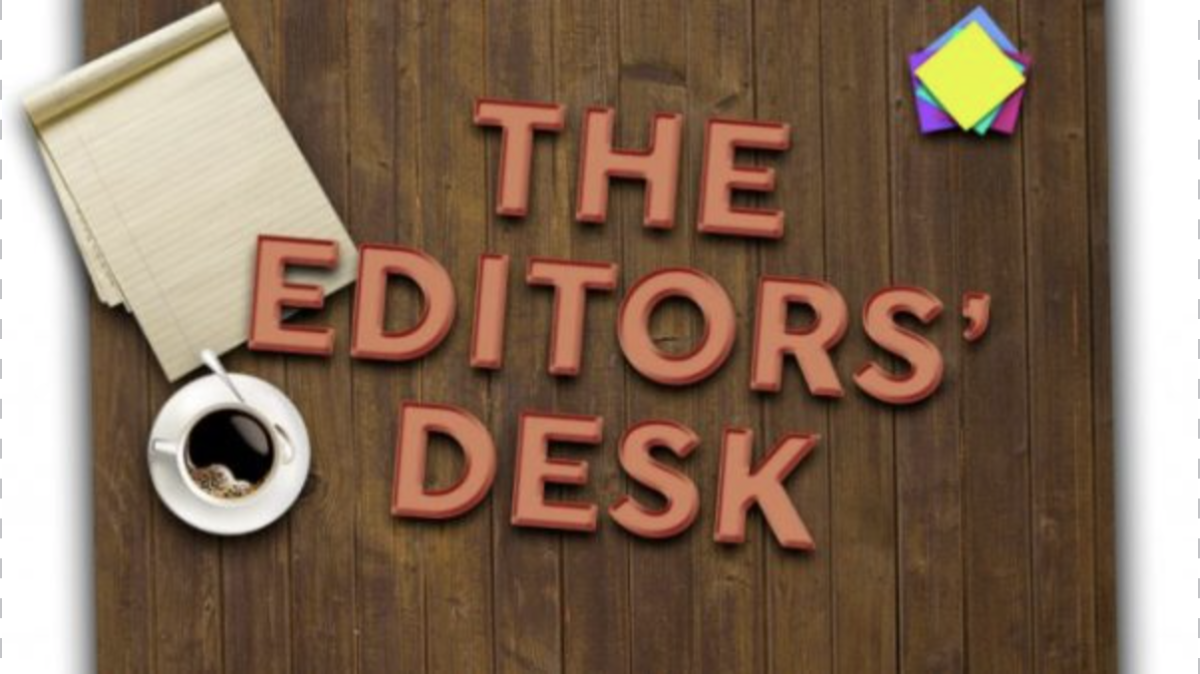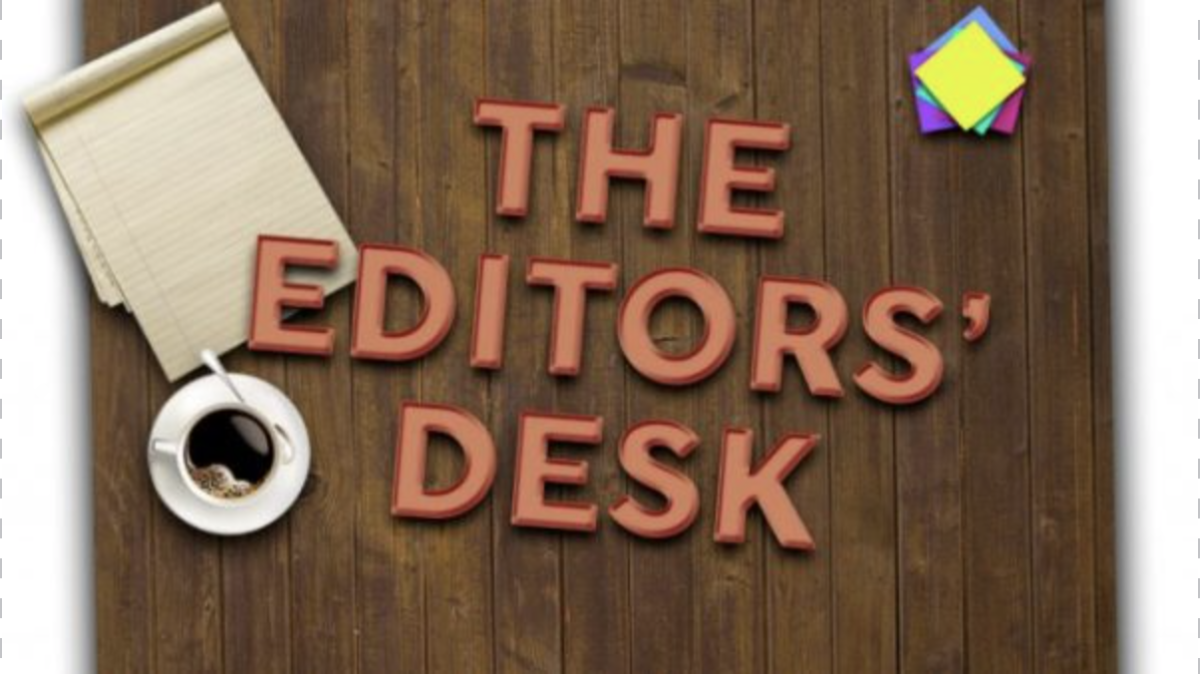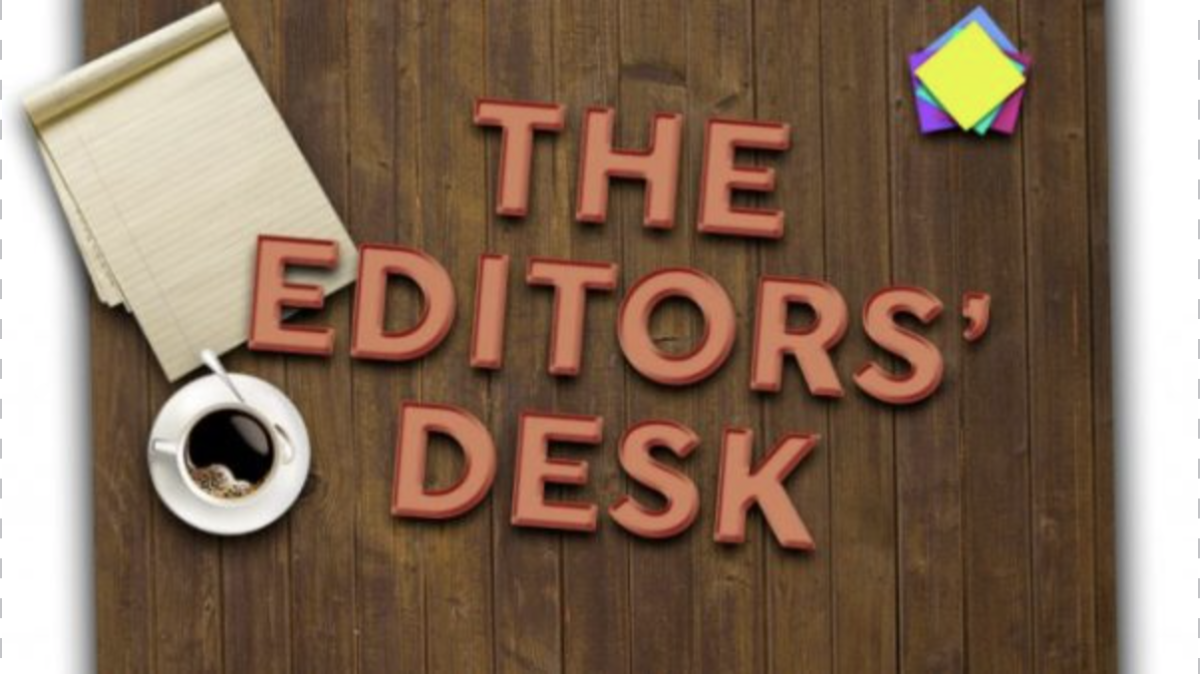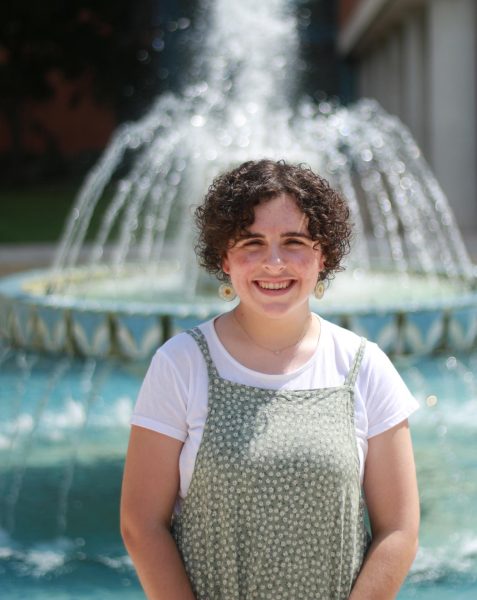The Trinity I arrived at for the first time in August 2020 looked very different from the Trinity I see now. Only other first-years on campus, classes on Zoom, no big in-person events, everyone in their own individual room (that part wasn’t so bad). I certainly didn’t have a bad year at the end of it all. I liked my classes for the most part, and I made some friends that have stuck around with me. But there was always this sad sense that I had missed out on something, that the Trinity experience had lost something that it was going to take a while to bring back if it came back at all.
Even as my sophomore year began and the other classes returned to campus, this specter of lost tradition and damaged campus culture loomed around every corner. The upperclassmen, faculty and staff would talk about the way things used to be and the cool events that had been Trinity staples.
I felt this loss in every facet of my life on campus, like working for the Trinitonian. I was this little news reporter who didn’t feel like she really knew anyone on staff, only ever really interacting with her section editor. The next year, I became a section editor myself, and I still couldn’t see any sort of newsroom culture. Without weekly print issues bringing me down to the newsroom to make pages, I wasn’t managing to connect with many other people on staff, and I just didn’t feel excited about the work I was doing.
But then last year, something changed. Not only did bettering conditions allow for bigger events and a return to print for the Trinitonian, but the energy shifted. The spark I had been missing finally felt like it had been lit. I started to feel more like I had a place on campus. I participated in the traditions I had missed out on — the Christmas Concert, Vespers, Momentum.
I watched as the newsroom came back to life, with weekly story idea meetings and production nights. We even brought back special sections. Last year’s editor-in-chief and managing editor worked hard to make the newsroom a little more like it once was. The stories about how things were “before” felt less and less distant.
The shift wasn’t just external, though. Something in my attitude changed, spurred on by actually being able to participate fully in clubs and events, and maybe some of it was upperclassman confidence. I felt more enthused to make my mark. I developed my own ideas about what I wanted to make happen in my clubs and in my studies — new ideas, like giving the Trinitonian a bit of a new look on the front page.
The class of 2024 is the first graduating class made up mostly of people who didn’t see what Trinity was like “before,” but there’s good to be found in that. Our class and the classes below us have had to develop their own perspective on what life ought to look like, to form our own traditions. The Trinity we leave behind doesn’t have to be the Trinity-that-was, just the Trinity we want it to be.

